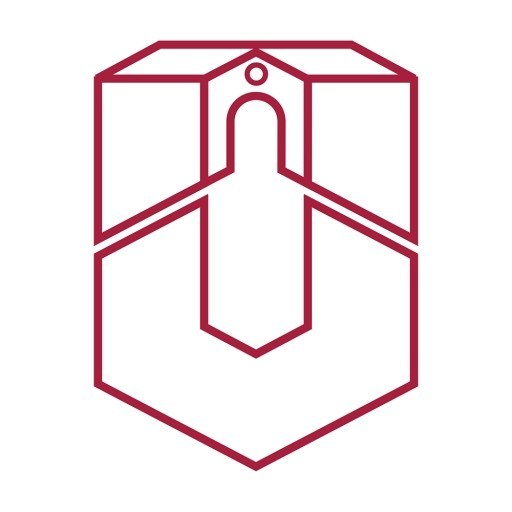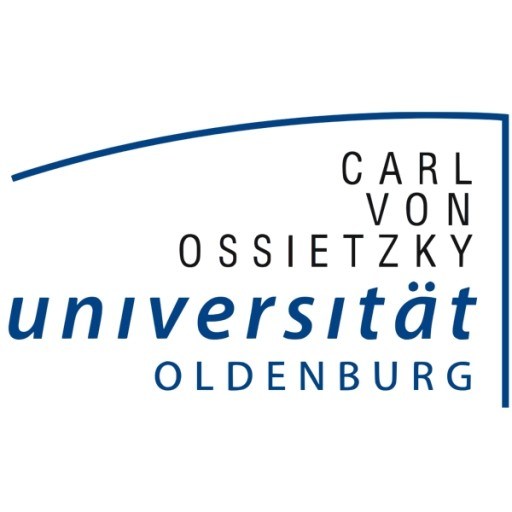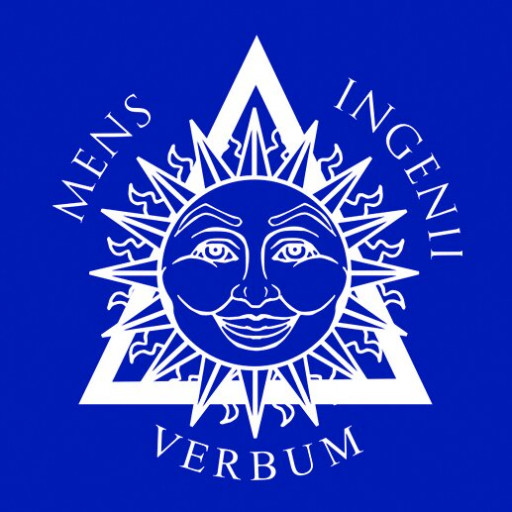Photos of university / #uniosnabrueck
The Bachelor's degree program in Cognitive Science at the University of Osnabrück offers students a comprehensive interdisciplinary education in understanding the mind, brain, and intelligent behavior. This program combines insights and methods from psychology, neuroscience, computer science, linguistics, philosophy, and anthropology to provide a holistic understanding of cognitive processes. Students will explore the fundamental questions about how humans perceive, learn, remember, reason, and communicate, integrating theoretical knowledge with practical applications. The curriculum emphasizes active learning through lectures, seminars, laboratory work, and project-based assignments, fostering critical thinking and research skills. Throughout the program, students have opportunities to engage in experimental research, data analysis, and computational modeling, preparing them for careers in academia, technology, healthcare, and industry. The interdisciplinary approach encourages students to examine cognitive phenomena from multiple perspectives, promoting innovative problem-solving and a deep understanding of human and artificial intelligence. The university provides state-of-the-art facilities, including laboratories equipped for neuroimaging, behavioral experiments, and computational work, supporting hands-on experience. The program also emphasizes ethical considerations associated with cognitive research and technology development. Graduates of the Cognitive Science program will be well-equipped to pursue advanced studies or enter the workforce in areas such as cognitive neuroscience, human-computer interaction, artificial intelligence, speech and language technology, and psychological research. The university's strong focus on research and international collaboration offers students a dynamic learning environment, enabling them to develop critical skills and a solid foundation for a wide range of professional paths related to the understanding and application of cognitive processes.
Educational organisation
The Master's programme amounts to 120 credits according to ECTS, 30 of which are awarded for the Master's thesis. In the second and third semesters, students participate in a one-year study project. The Master's programme is completed with a Master's thesis in the fourth semester.Of 90 ECTS credits necessary for your Master's examination:
- 16 ECTS credits are from each of your specialisation areas
- 12 ECTS credits are from interdisciplinary courses within the cognitive science programme
- 24 ECTS credits are from your study project
Integrated graduate programme:
Students with outstanding results may be admitted to the PhD programme after their first year in the Master's programme.
One-year study project:
Groups of five to ten students carry out a research project under conditions very much like those of regular research. Project themes cover all cognitive science areas, and there is a focus on interdisciplinary cooperation.
Lab rotation:
Students participate for at least one week in each of the research labs to become familiar with everyday life in the labs.
Joint Cognitive Science Master's degree programme Osnabrück - Trento/Rovereto:
Students from Osnabrück and students from Trento have the opportunity to study at the partner university for two semesters. This exchange will result in a joint Master's degree from both universities providing career opportunities in a united Europe.
Internships
NoneForms of assessment
Examinations in the study project and each of the two focus areas must be passed before admittance to the final examination.Course objectives
Students of cognitive science acquire interdisciplinary know-how, which enables them to deal effectively with complex tasks. They develop the analytical skills required for the investigation of given problems and learn to design, conduct and evaluate experiments to collect relevant empirical data. They learn to structure obtained knowledge analytically and empirically, to formalise it, to model it on the computer and to produce constructive software solutions. They are taught to apply these skills in all areas that require modelling aspects of cognitive behaviour such as perception, learning, knowledge representation and language. Master's students gain full expertise in their two specialisation areas and are trained to carry out independent research.Language requirements
Students are required to have a good command of English from the beginning of their studies in order to understand lectures, participate in discussions and take examinations. Proficiency in English is to be proved through a passed IELTS exam (with at least 5.0 points) or by equivalent certificates of qualification. Written confirmation of eight years of English at school with an average mark of at least 3.0 according to the German marking system (or an equivalent mark) from the two final school years also suffices to meet the requirements.Academic requirements
Applicants must have a Bachelor's degree in cognitive science (or a comparable degree) in order to study cognitive science in the Master's programme at Osnabrück University.Applicants with a Bachelor's degree (or comparable degree) in artificial intelligence, biology, computer science, (computational) linguistics, mathematics, neurosciences, philosophy or psychology may be admitted to the Master's programme.
Students are required to have a good command of English from the beginning of their studies in order to understand lectures, participate in discussions and take examinations. Proficiency in English is to be proved through a passed IELTS exam (with at least 5.0 points) or by equivalent certificates of qualification. Written confirmation of eight years of English at school with an average mark of at least 3.0 according to the German marking system (or an equivalent mark) from the two final school years also suffices to meet the requirements.
Enrolment fees
In addition to the tuition fee, students have to pay an enrolment fee of approx. 330 EUR.(For students receiving a scholarship from a German funding organisation, enrolment fees are reduced.) Students must provide proof of health insurance upon registration.
Costs of living
The costs of living for students are currently estimated at a minimum of 670 EUR per month.Job opportunities
Students may be employed as student assistants.Arrival support
At the beginning of each semester, the International Office offers all new international students a pick-up service and an orientation week ("Welcome Week"), which enables new students to complete all official formalities, to become acquainted with the city and university, and to get to know other international and German students.Services and support for international students
The International Office offers diverse services for international students, e.g. the international cultural programme "JOIN-OS" offering day trips, theatre visits, Christmas dinner, etc.The intercultural mentoring programme at Osnabrück University ("imos") provides new international students with social and subject-specific support by a fellow student and an academic staff member.










